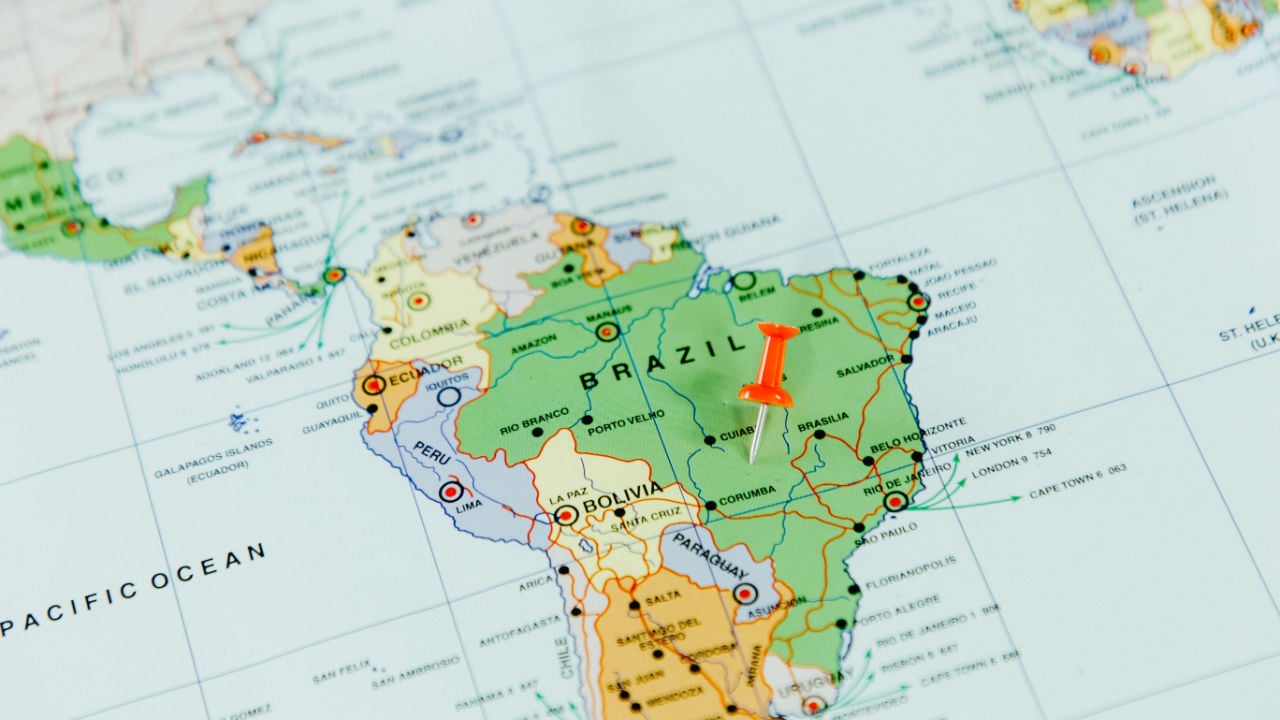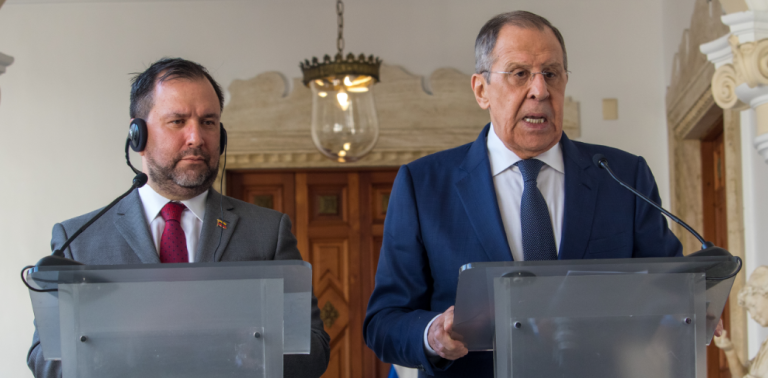
Welcome to Latam Insights, a compendium of the most relevant crypto and economic development news from Latin America during the last week. In this issue: the Argentine Peso plunges against the U.S. dollar, Venezuela and Russia agree to develop a joint SWIFT alternative, and Bitcoin mining is still paused in Venezuela.
Argentine Peso Plunges 10% Against the Dollar
The Argentine Peso has lost more than 10% against the U.S. dollar during the last week, going from less than 400 pesos per dollar in the informal blue exchange rate to more than 440 on April 21. The cause of this sudden rise has to do with the perceived weakness of the Argentine government, which has been unable to control the rise of inflation, which reached inter-annual levels of more than 100% in March, the highest in all of Latam.
The country currently holds $2 billion in its foreign currency reserve, a low number when compared to the reserves of Brazil, an economy five times the size of Argentina, which holds approximately $350 billion in foreign currency. This has caused Argentines to purchase dollars to take refuge from devaluation of the peso, with analysts predicting its price reaching levels of over 500 pesos per dollar later this year.
Venezuela and Russia Plan to Develop SWIFT Alternative

Venezuela and Russia announced that they were working to develop an alternative to SWIFT, the bank messaging and settlements system that most banks use to complete cross-border payments. Accompanied by his Russian counterpart Sergey Lavrov, who also visited Brazil on his Latam tour, Venezuelan Foreign Minister Yvan Gil stated that such a system was already in development.
Gil stated:
The technical teams of the Central Bank of Venezuela and the Bank of Russia are working on the exchange of financial messages to go to a system where we free ourselves from the hegemonic dollar as a regulator of commercial transactions.
The system will be an answer to the expulsion from the SWIFT network that Russian banks suffered in 2022 as a result of the wide package of sanctions enacted by Western nations on Russia. Gil stated more updates on this system would be shared in the next weeks.
Venezuelan Bitcoin Mining Farms Are Still Inactive
The Bitcoin mining ecosystem in Venezuela is still inactive, with most farms not operating as a result of the so-called PDVSA-crypto probe that is affecting the cryptocurrency sector in the country.
The pause in mining operations, which was allegedly ordered by the national power company Corpoelec, still continues, with miners piling up losses that reach to the hundreds of thousands of dollars.
According to Criptonoticias, owners of these Bitcoin farms could be losing $11 million monthly, with Corpoelec losing about $2 million as a result of this forced pause. There are still no reports about when these operations could be restarted, as the probe is still ongoing.
What do you think about the developments in Latin America this week? Tell us in the comment section below.
Image Credits: Shutterstock, Pixabay, Wiki Commons
Disclaimer: This article is for informational purposes only. It is not a direct offer or solicitation of an offer to buy or sell, or a recommendation or endorsement of any products, services, or companies. Bitcoin.com does not provide investment, tax, legal, or accounting advice. Neither the company nor the author is responsible, directly or indirectly, for any damage or loss caused or alleged to be caused by or in connection with the use of or reliance on any content, goods or services mentioned in this article.



